Okay, so Mozilla Thunderbird, the email client your grandpa probably uses, it got a serious upgrade. They teamed up with Flower Intelligence to bolt on some AI features—they’re calling it “Assist.” It’s not a complete overhaul, more like adding a helpful sidekick to your inbox.
Basically, Assist gives you three new things: email summarization, reply generation, and a daily brief. Think of the summarization as a TL;DR for your emails; a little blue banner pops up with the gist of it. Reply generation? It drafts responses for you—you still gotta proofread, obviously, don’t want to send something embarrassing. And the daily brief is for when you come back from vacation and your inbox looks like a digital landfill; it highlights the important stuff and makes a to-do list. Pretty neat, right?
Now, here’s the interesting part: it’s an add-on. Like a browser extension, but for your email. Thunderbird’s built on a foundation similar to Firefox, so they can use web tech. That’s good for flexibility, but it also means they can’t run the AI models locally—yet. Currently, it relies on Flower Intelligence’s servers, specifically Llama 3.2, which they’ve tweaked to handle email summaries and replies. Don’t freak out about your data though; Flower says they don’t store it.
You can actually mess with how the AI writes, too. It’s called prompt engineering. You can tell it to write like Hemingway, or whatever. I tried to get it to pretend it was a detective solving a case, but that didn’t really work. It’s still early days.
Under the hood, it’s a three-part system: Thunderbird, an accounts server (for logging in), and the Flower API. You log in, get an API key, and then everything’s encrypted end-to-end. So, your emails and replies are safe from prying eyes. Good.
Thunderbird’s always been about open-source, privacy, and user control. Assist fits right in—it’s optional, so you don’t have to use it. They’re not forcing AI down your throat.
The downside? No local models yet. They’re reliant on Flower’s infrastructure, which means if Flower goes down, so does Assist. Also, federated learning—where the AI learns from multiple users’ data without actually seeing it—isn’t an option right now. It’s a limitation for now, but who knows what the future holds?
This whole thing was a real collaboration between Mozilla and Flower. A guy named Charles from Flower did a ton of the heavy lifting.
It’s cool to see open-source email clients getting smarter, without sacrificing privacy.
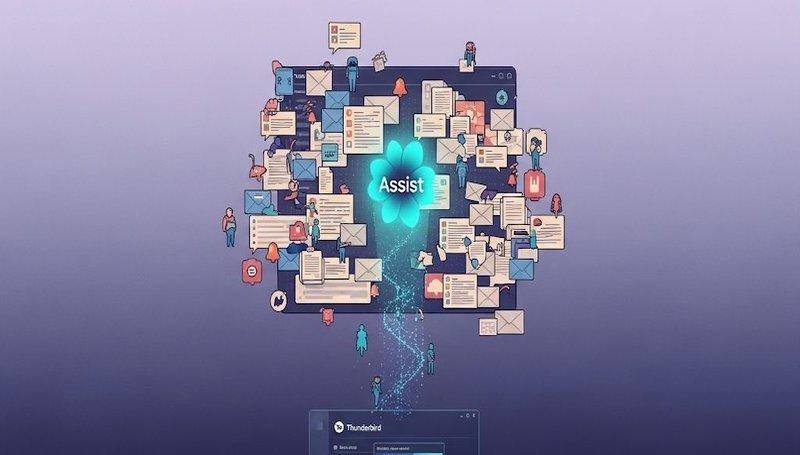




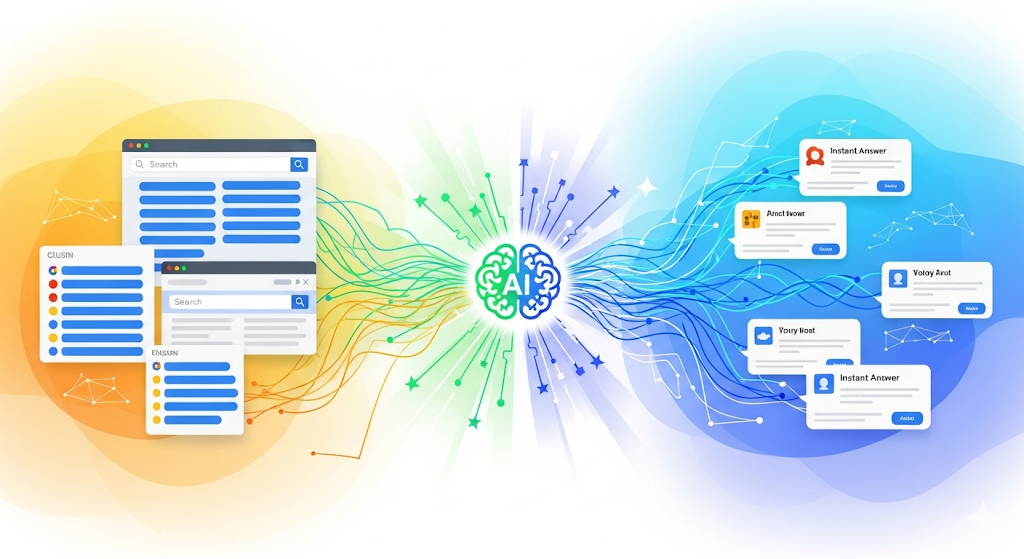

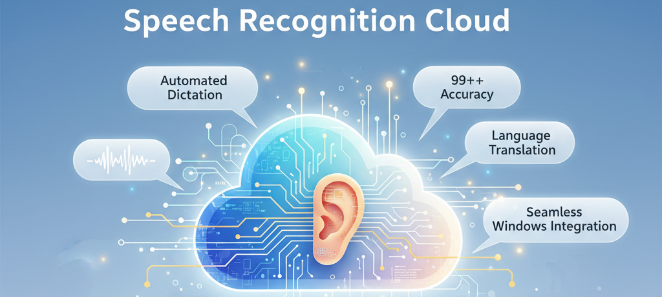


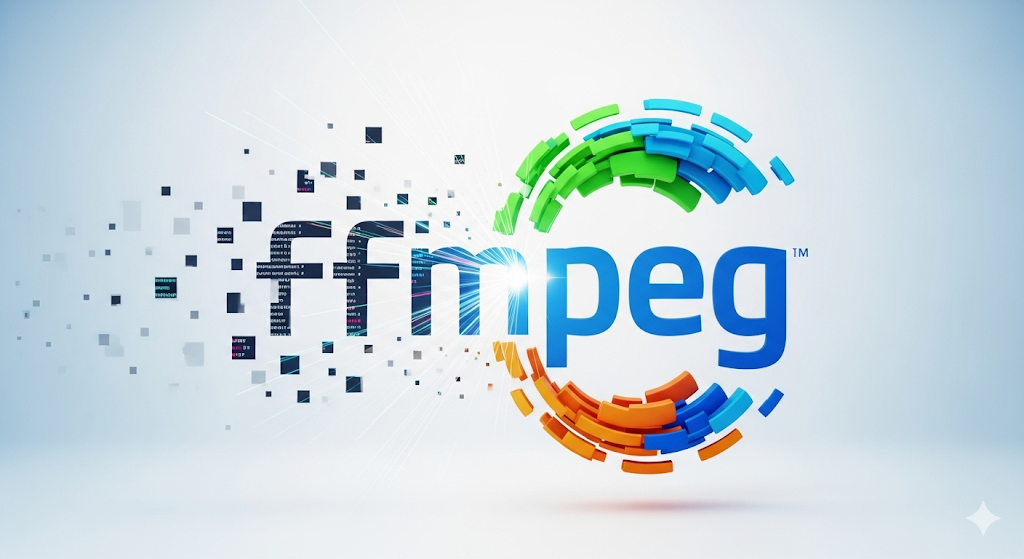

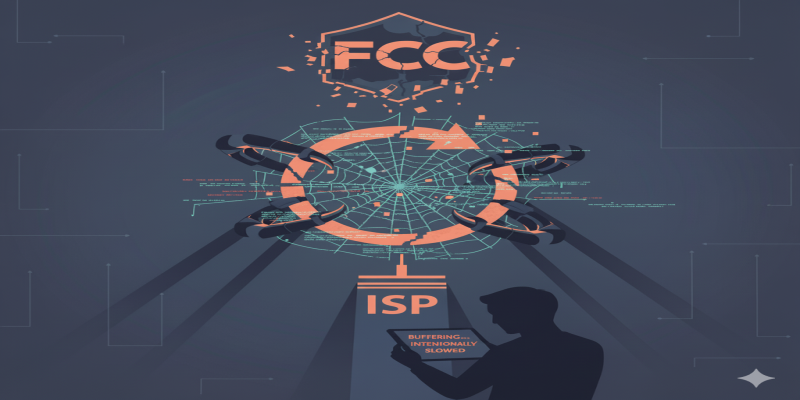
Leave a Reply